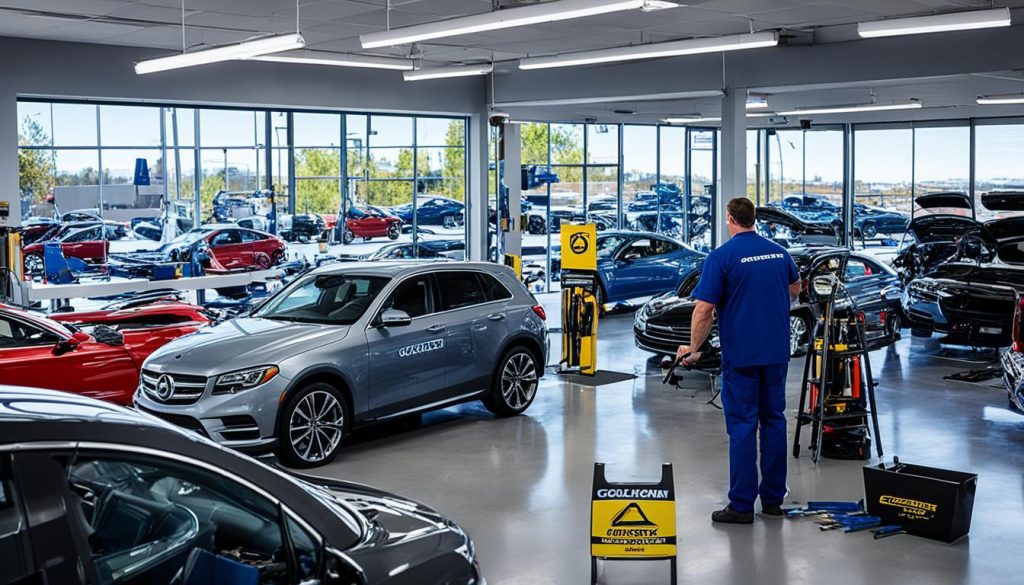What causes a new alternator to go bad?
A new alternator going bad shortly after installation is uncommon but not impossible. While most new alternators are built to last and usually come with a warranty, there are various reasons why a new one might fail prematurely.
Manufacturing Defects
Even though quality controls are generally strict, no manufacturing process is perfect. Some alternators might slip through the cracks with defects that cause them to fail earlier than they should.
Incorrect Installation
Mistakes made during the installation process can cause even a brand-new alternator to fail. Incorrect wiring, overtightened belts, or not properly torquing bolts could result in a poorly functioning or even damaged alternator.
Vehicle Electrical Issues
If your vehicle has underlying electrical problems, a new alternator might fail prematurely due to being overworked or exposed to irregular voltage levels. Examples include short-circuits, faulty wiring, and problems with the car’s onboard computer system.
Battery Condition
A bad or failing battery can place extra strain on the alternator, forcing it to work harder to keep the battery charged. This increased workload can lead to premature failure of a new alternator.
Mismatched Specifications
If the new alternator’s specifications don’t match your vehicle’s requirements, it could lead to problems. For instance, if the alternator doesn’t provide the required amperage, it will be continuously overworked, leading to premature failure.
Environmental Factors
Extreme temperatures, both hot and cold, can be hard on vehicle components, including alternators. Dust, debris, and moisture can also contribute to an early demise.
Unusually High Electrical Load
Installing additional electronic equipment like high-powered audio systems, extra lighting, or other power-hungry accessories without upgrading the alternator to handle the increased electrical load could lead to its premature failure.
Lack of Regular Maintenance
Though this is less likely to affect a new alternator, a lack of regular vehicle maintenance can contribute to the failure of an alternator over time. Rust, dirt, or oil leaks can also cause a new alternator to degrade more rapidly.
If a new alternator fails, it’s important to investigate the reason behind the failure. Simply replacing the unit without addressing the underlying issue may result in another failure. Consult a qualified mechanic for diagnosis and repair, and consider utilizing any available warranty or return policy for the failed unit.
#alternator #bad #Ricks #Free #Auto #Repair #Advice #Ricks #Free #Auto #Repair #Advice












